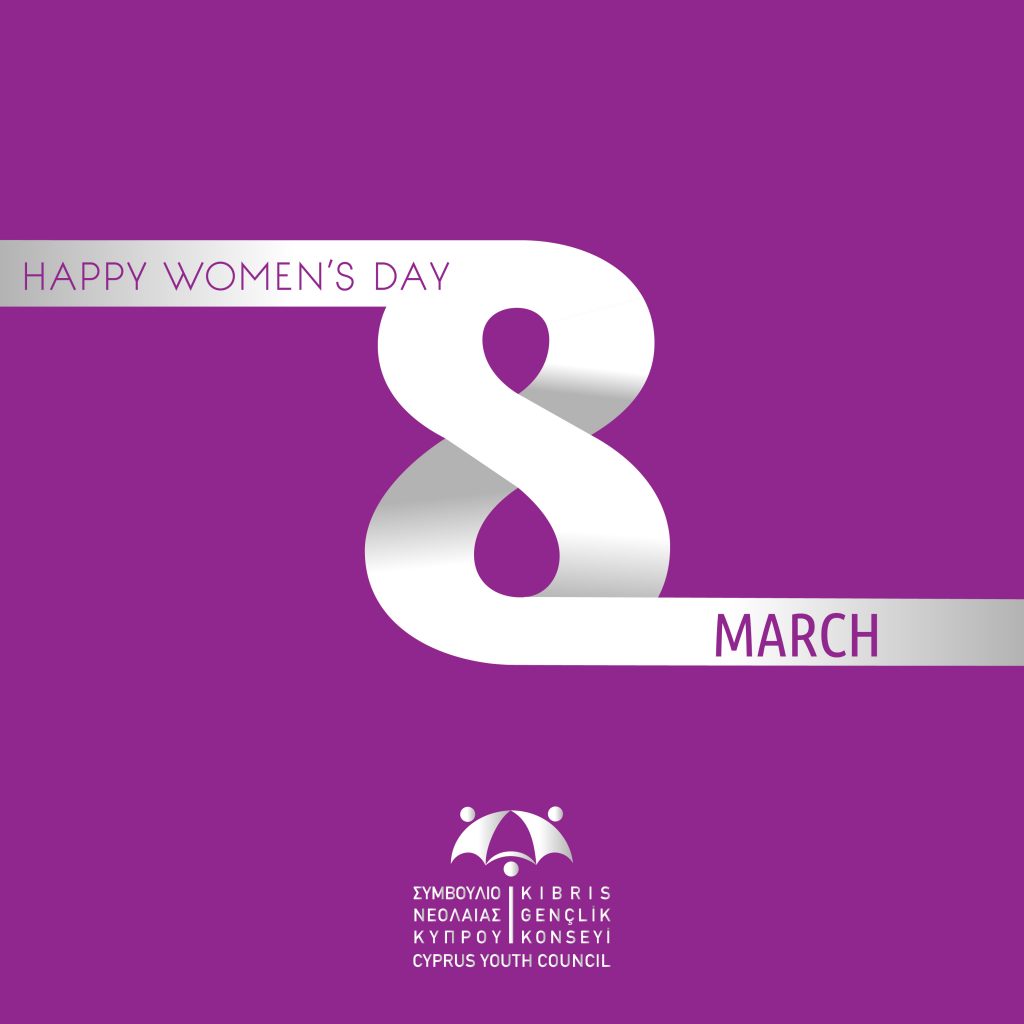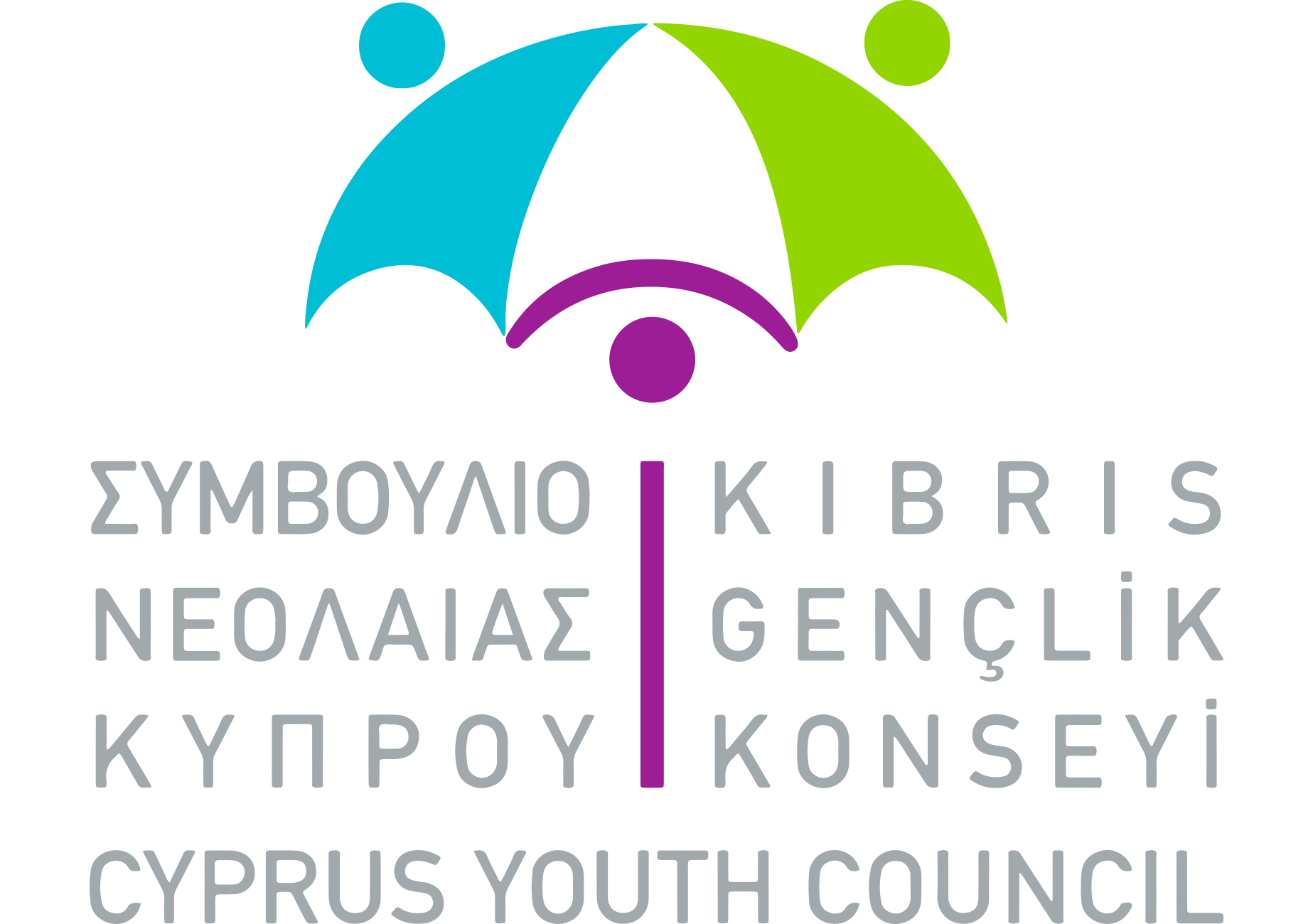
International Women’s Day; a worldwide event that celebrates women’s achievements, while calling for gender equality.
History
International Women’s Day first emerged from the activities of labour movements at the turn of the 20th century in North America and across Europe. Since those early years, International Women’s Day has assumed a new global dimension for women in developed and developing countries alike. The growing international women’s movement, which has been strengthened by four global United Nations women’s conferences, has helped make the commemoration a rallying point to build support for women’s rights and participation in the political, social and economic areas.
Increasingly, International Women’s Day is a time to reflect on progress made, to call for change and to celebrate acts of courage and determination by ordinary women who have played an extraordinary role in the history of their countries and communities.
Below is a brief history of how the Day has evolved.
EU on Gender Equality
The European Commission President Jean-Claude Juncker said that “Europe is a pioneer of gender equality and that is something we should be proud of. Be it in employment and occupation, vocational training, social security or access to goods and services: women and men have to be treated equally. That is the law. Unfortunately the road to effective equality still has some bumps ahead. That is why we cannot let up. I made equality a cornerstone of the administration I lead and I am proud that two years on we have made enormous strides in reaching the 40% female management target. But if intolerance and chauvinism start to proliferate inside or outside our borders we have to push back twice as hard with a simple and thoroughly European message: gender equality is not an aspirational goal. It is a fundamental right.”
The 2017 Gender Equality report shows that women still face challenges in different areas such as Women’s unemployment rate which remains very high in southern countries in particular, compared to men’s unemployment rate. Based on the Gender Equality report women still earn on average 40% less than men on average in all EU countries and the gender pay gap in pensions is stable at 38%. It’s a matter of great importance that Women are still underrepresented in politics. In eight countries including Cyprus, women accounted for less than 20 % of members.
Within the European Commission, the 40% target of female representation in senior and middle management positions by 2019 set by President Juncker is almost reached with nearly 35% of middle managers being women just two years into the mandate. Women make up for 32% of all senior managers.
International Women’s Day is not only a celebration but also an opportunity for action. We must ensure that societies we live in are truly gender inclusive and we have to fight to make the change across all sectors at European and national level.
As Cyprus Youth Council we believe that Young people transitioning to the workplace, must have the right to equal opportunities and equal pay. We believe that all Member States must ratify on preventing and combating violence against women and domestic violence. We believe ον Young people’s Rights and we will keep fighting for them.

